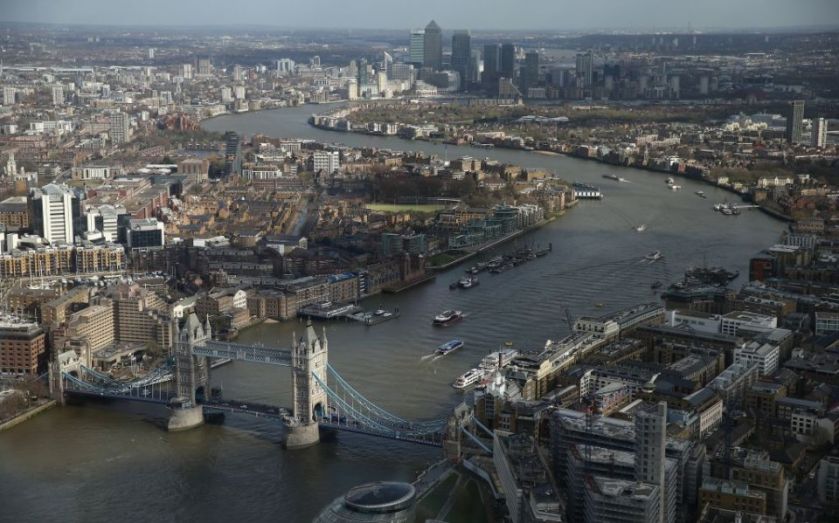There is market failure at the heart of the City: The lack of superfast broadband

Information technology has revolutionised the way that business is done in the City over recent decades. Cross border transactions are now completed with a click of a button. New models of finance such as crowdfunding are increasingly popular. Smartphones and cloud computing are making remote working a reality.
These developments are reshaping the way that many firms operate in the Square Mile and beyond. They also vividly illustrate the importance of fast, reliable communications in an increasingly interconnected world. Indeed, according to recent research from Ofcom, consumers now believe that internet and mobile services are “essential” infrastructure – equivalent to water, electricity or gas.
This makes improving connectivity to tackle the digital divide a pressing issue. It is a major concern that firms in the Square Mile regularly complain that BT fails to deliver in a timely manner and provide the level of service required, notably through its decision not to roll out superfast broadband. Market failure of this kind is clearly unacceptable for a world-leading global financial centre, and highlights that poor connectivity is not just an issue affecting rural areas.
The attractiveness of the City – and several other locations in London and elsewhere – is greatly disadvantaged by the lack of fast broadband connectivity at an affordable level. Larger organisations can access expensive dedicated leased lines and there is a range of suppliers available to provide these. However, these lines are unaffordable for the 13,000 small and medium-sized enterprises (SMEs) and 9,000 residents based here, thereby restricting them to copper-based slower broadband.
The City Corporation wants a groundswell of business support to change this situation by proving to providers that there is strong demand. This can be done by filling in a survey outlining what kind of service is needed (which can be found at www.cityoflondon.gov.uk/broadband), or by tweeting #SquareBroadband.
Poor broadband connectivity is a block on London’s growth, just like constraints on aviation or Tube capacity. The City of London Corporation is taking an active role to improve this situation. We are developing and implementing a strategy to ensure that fast, ubiquitous, cheap wired and wireless communications are available to all. The government, regulators and service providers need to do the same urgently in order to ensure that our competitiveness is not undermined.
Scandinavia and Asia already have better coverage than the UK. Furthermore, a target to ensure that 95 per cent of the country has access to superfast broadband has already been pushed back two years until 2017. A £3,000 connection voucher scheme for SMEs is a step in the right direction (www.connectionvouchers.co.uk/london), but more needs to be done to improve supply.
The Square Mile is home to innovative global businesses and provides the market drivers for many fast-growing firms in other sectors, including the neighbouring Tech City. If London is to continue delivering the innovative new products and services that will keep us at the cutting edge, we cannot afford to be left lagging behind our rivals in the slow lane of the broadband superhighway.
Mark Boleat is policy chairman at the City of London Corporation.